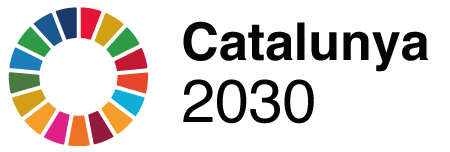Núria Martínez Barderi
Director of the Drissa Foundation, an organisation based in Girona dedicated to employment inclusion and improving the quality of life of people with mental health conditions. Under her leadership, the foundation has developed innovative projects in the fields of mental health, social economy, and sustainability, collaborating with public and private entities to promote the social and professional inclusion of people with mental health conditions.













